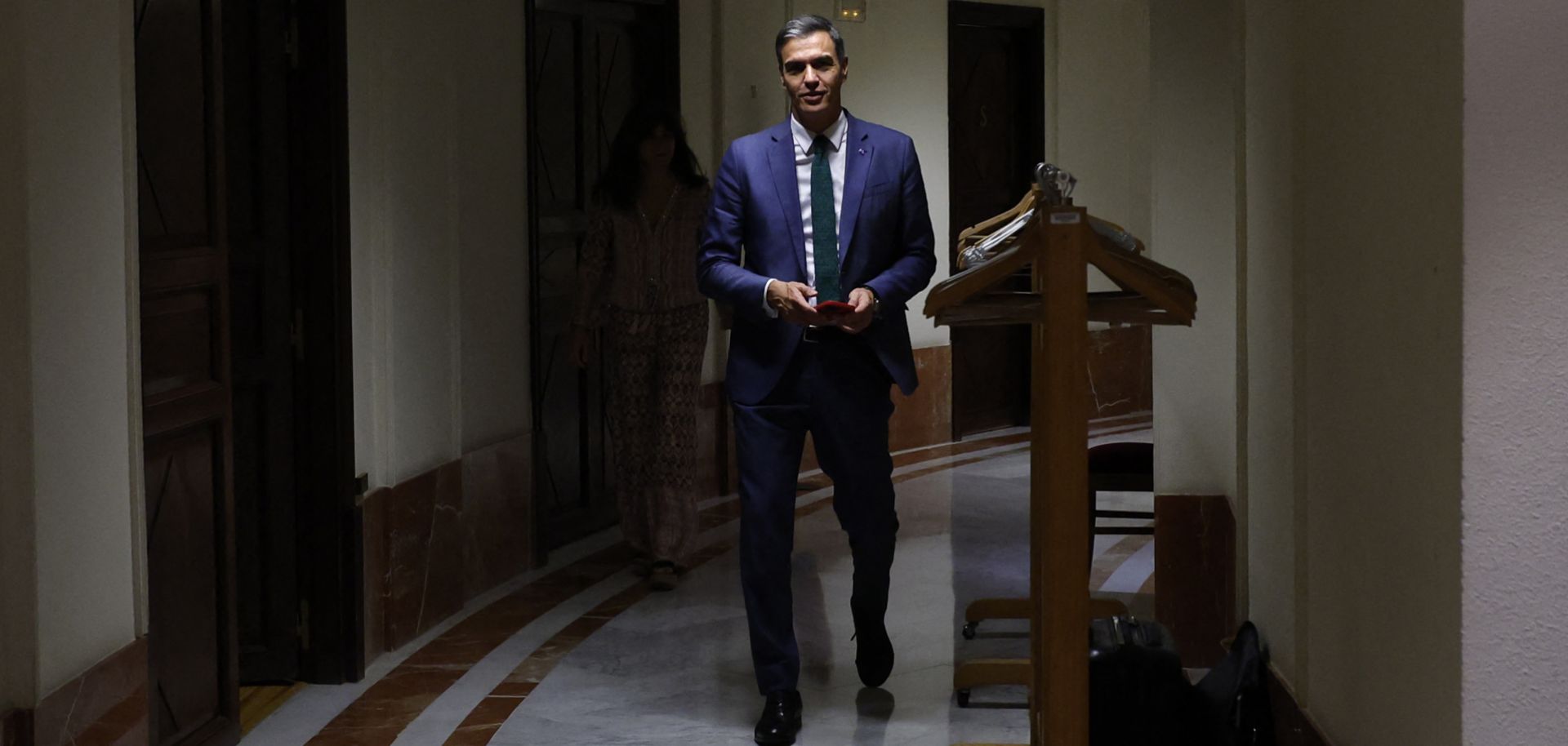In Spain, Prime Minister Pedro Sanchez's re-appointment would end months of political uncertainty and result in policy continuity, along with cordial ties between the central government and Catalonia. But this would come at the cost of deeper political polarization and a right-wing backlash in future elections. On Sept. 27, Spain's Congress of Deputies voted against appointing conservative leader Alberto Nunez Feijoo as prime minister, with 178 votes against and 172 votes in favor. A second investiture vote will take place on Sept. 29, but a similar outcome is likely because Feijoo will probably not obtain the support he needs to win it. Notably, the Sept. 27 vote has triggered a 60-day period to appoint a prime minister, or else a general election must take place in January. Acting socialist Prime Minister Pedro Sanchez will seek re-election in a new investiture vote in the coming weeks. In the likely case that...

